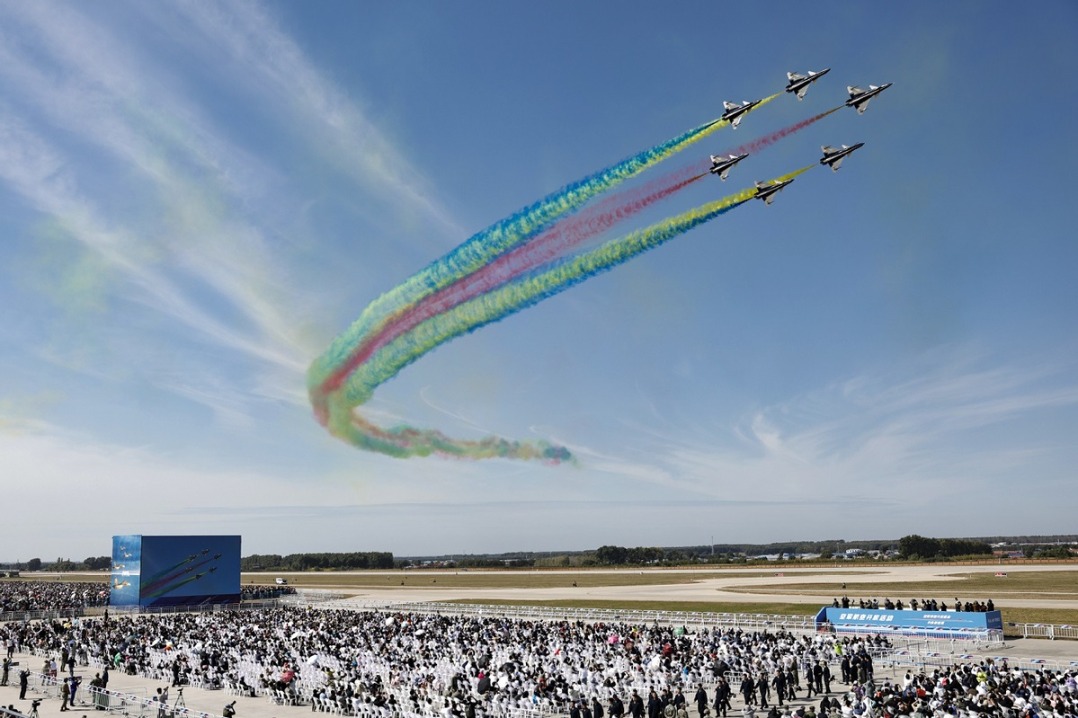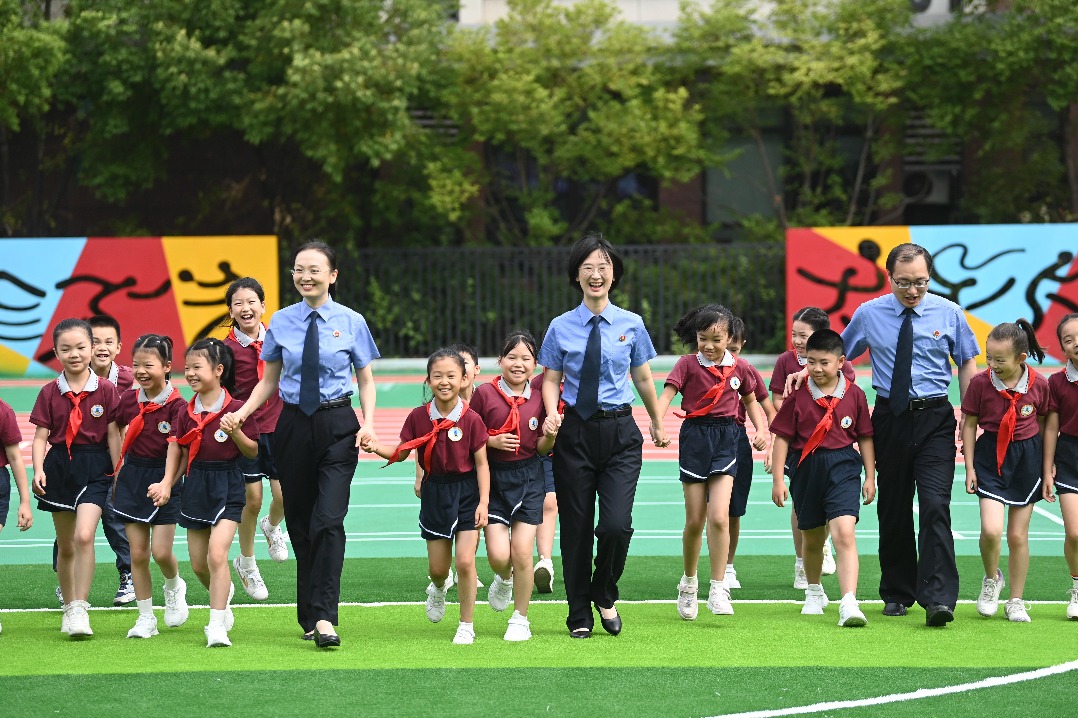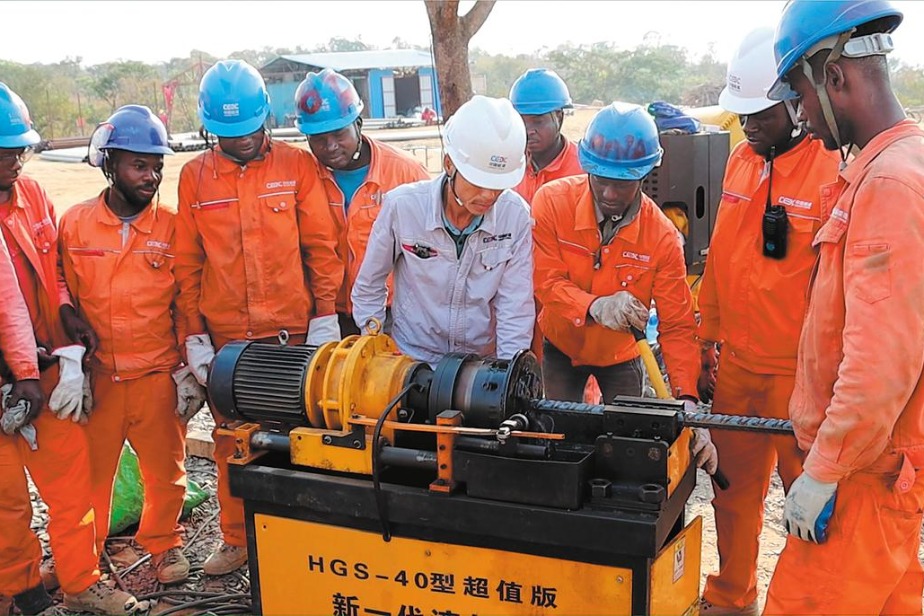Chinese association's guidelines for cancer treatment promoted globally in 16 languages

A series of cancer treatment guidelines developed by the Chinese Anti-Cancer Association has been promoted globally in 16 languages, the association said recently.
Fan Daiming, president of the association and an academician with the Chinese Academy of Engineering, said that more than 400 institutions across the country have joined in efforts to advance the implementation of these guidelines.
He made the remarks during the 2025 Chinese Congress on Holistic Integrative Oncology for Northeast China that was held in Shenyang, Liaoning province, on Saturday and Sunday.
The guidelines, titled the Chinese Anti-Cancer Association Guidelines for Holistic Integrative Management of Cancer, emphasize a holistic approach that takes into account the patient's overall clinical condition and provides personalized treatment.
Liu Hongxu, Party secretary of the Liaoning Cancer Hospital and Institute, said that the approach aims to break down disciplinary barriers and integrate the entire process from prevention, diagnosis, and treatment to rehabilitation, psychological support and hospice care.
"It not only focuses on treating tumors but also underscores holistic health management throughout the patient's entire life cycle, making it an important pathway to promote high-quality development in cancer prevention and control in China," he said.
Piao Haozhe, director of the Anti-Cancer Association of Liaoning province, said that globally, endocrine-related cancers — such as breast cancer in women and prostate cancer in men — are increasing, while cancers linked to lifestyle factors are declining.
In China, however, cancers associated with lifestyle and living environments are on the rise.
Official data shows that the most common cancers in Northeast China are lung cancer, colorectal cancer and breast cancer.
Piao said that the rising incidence of colorectal cancer in recent years is closely related to unhealthy lifestyle habits, including smoking, heavy alcohol consumption, high body mass index, excessive intake of red and processed meats, inadequate physical activity and insufficient consumption of calcium and dietary fiber.
Data from the National Cancer Center shows that cancers attributable to these risk factors account for 44.7 percent of all cancer cases.
Piao suggested the public adopt healthy lifestyles and actively participate in cancer screening, particularly those with a family history of cancer.
- Chinese association's guidelines for cancer treatment promoted globally in 16 languages
- Beijing court involves polluters in restoring environment
- First autumn snow falls on Helan Mountains in Ningxia
- China reduces workplace accidents in 14th Five-Year Plan period
- Intl acrobats gather for China's Wuqiao Circus Festival
- Chang'e 6 probe data reveal water distribution on Moon





































